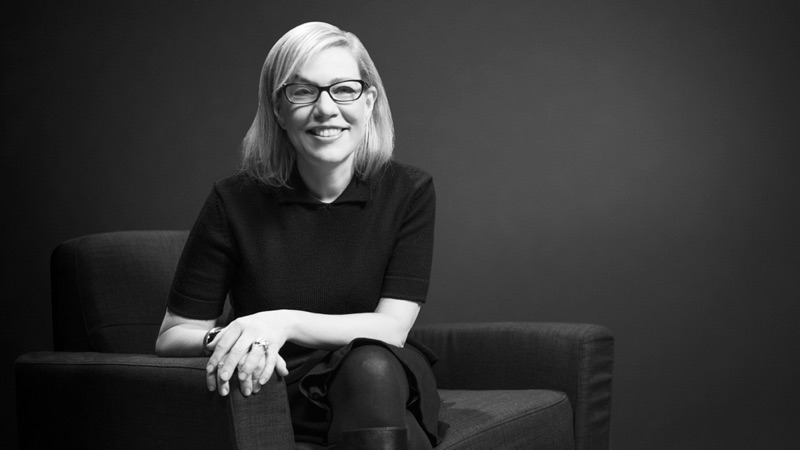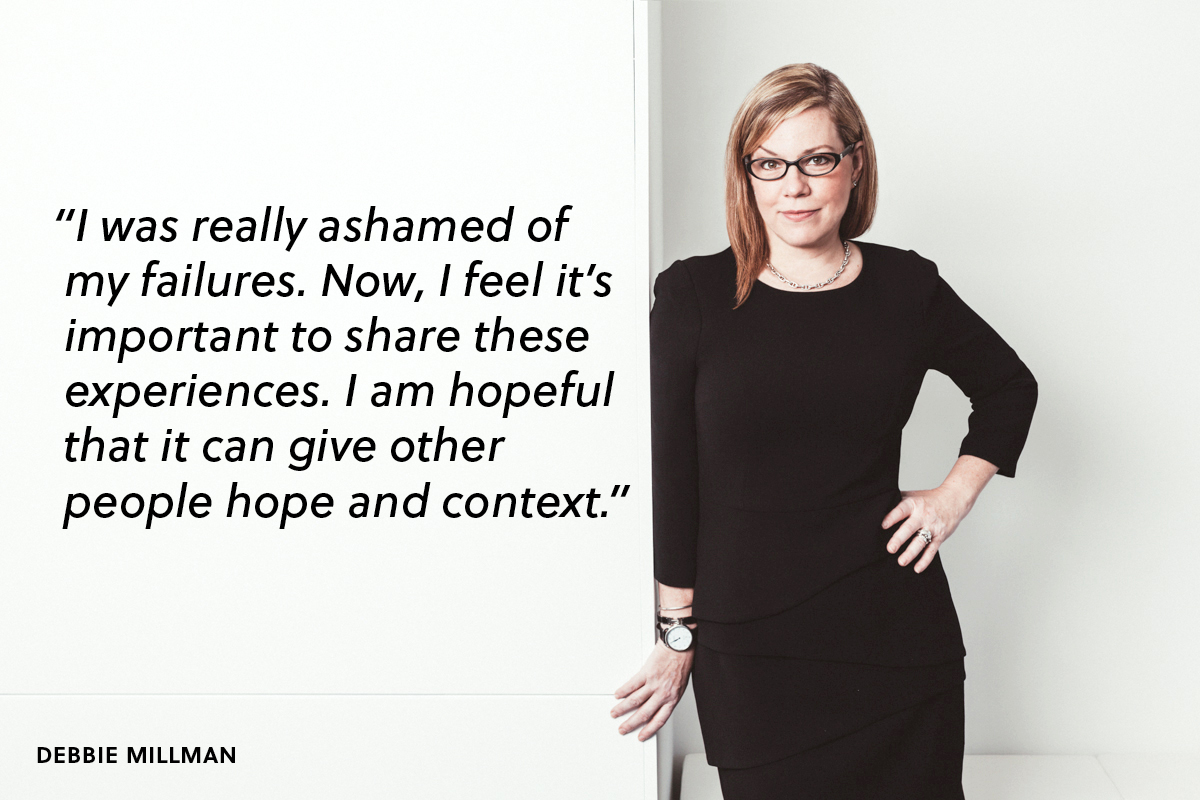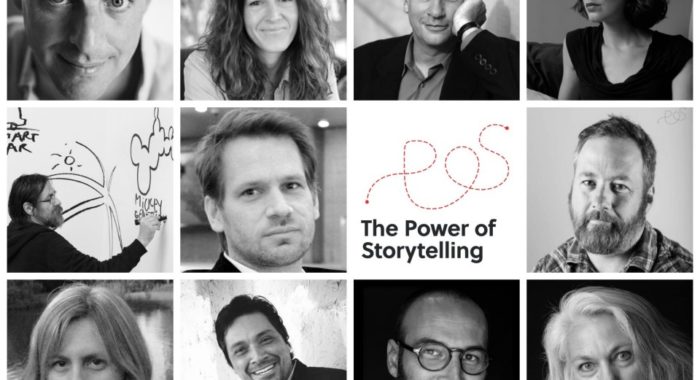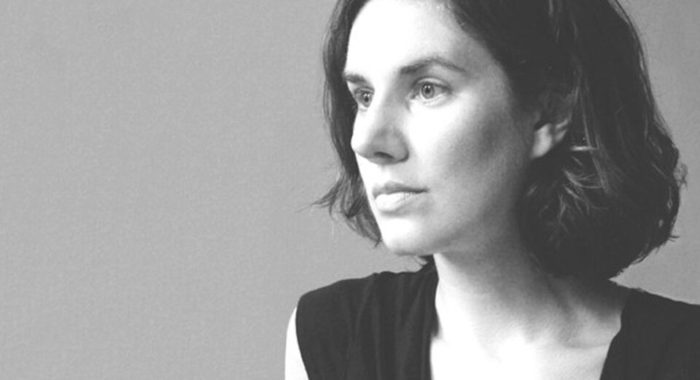She is the president emeritus of AIGA, the professional association of designers in the US, and one of the five women to hold this position in the organization’s 100-year history. She is the editorial and creative director of Print Magazine, the oldest magazine on design in the States, and she hosts the successful podcast Design Matters.
But no matter how wonderful it sounds to be Debbie Millman, few know what she had to overcome before becoming a key player in branding and design, and the level of sacrifice her work required:

- Debbie was born in Brooklyn and spent her childhood moving around with her family in almost all of New York’s boroughs, except Manhattan – which made her want to live there more than anything else.
- When she was eight, she drew the streets of Manhattan based on what she had seen on TV and not only did she nail them with precision and detail, but she also drew logos for all of the businesses: the cleaners’, the banks, the taxis, even a van that had the Lay’s Chips logo on it. Years later, she realized how branding had impacted her ever since she was a little girl.
- Debbie’s family life was difficult and traumatizing, with frequent episodes of violence and sexual abuse. “I had a lot of brutality in my life. For the first 18 years of my life I lived in a state of constant terror and compensated with art. I was always an over-achiever in an effort to prove to myself and to my family that I wasn’t worthy of the abuse that was inflicted on me. I wanted so much more for myself even back then. And I grew up thinking that if I had the resources to take care of myself, I would not allow anything bad to happen to me,” she told Tim Ferris in an interview.
- Once she left for college and moved to Manhattan, Debbie realized the first years of independence were going to be hard, and she took financial problems and professional rejections pretty hard. “I’ve noticed this pattern in my life of being very hurt by an initial reaction or rejection. So much so that if thwarts any other attempt for a very long time. I am extremely sensitive and any rejection takes me off of that path. It takes me a while to recover”.
- After about 10 years of work in commercial design, Debbie felt overwhelmed by the superficiality and consumerism of the environment that surrounded her and by the constant need to accumulate things. “If you don’t ever feel like you are entitled or deserve self-sufficiency, no matter how much you get you never feel safe. I amassed a lot of things in my search for self-sufficiency, only to realize they could never make me feel safe enough, the feeling needed to come from within,” she told Chase Jarvis. As a result, she went into other niches in the creative industries and then started her podcast.
- From 1995 to 2016, Debbie of president of the design division of Sterling Brands, where she worked with over 200 of the world’s biggest brands. And the reason she left was not that her career was stagnating – in fact, she had been offered the CEO role at the company. But after thinking about it for four months, to her and her boss’ surprise, she realised she wanted something new and left the firm.
- Looking back at her life, Debbie says she doesn’t have regrets about taking longer to figure out what to do with herself. “If I had made it big in my 20s, I don’t think I could have sustained it until now. I wouldn’t have had the mental tenacity to know what it would take”.
- But is there something she would tell her college self? “Don’t accept the first rejection ever. Give yourself options. The timeliness of those options or the timeliness of those retries, do at your own pace. You’re not in competition with anybody but yourself. If it’s something you love, then think about what it is that caused that rejection, and work to better understand how to present your best possible self when you try again.”
Debbie will be talking at the National Theatre Bucharest on August 7, at 7 pm and will stay for a Q&A with audience members. Book your seats and join us.



